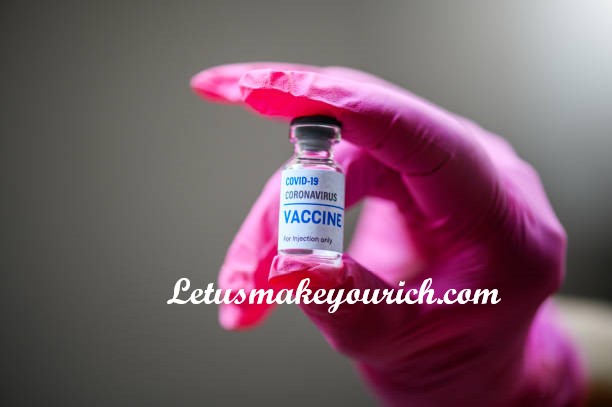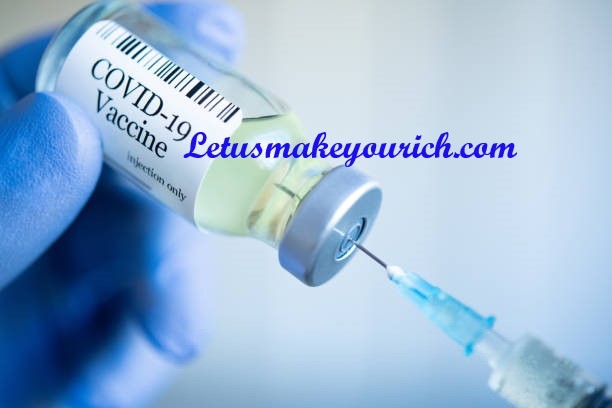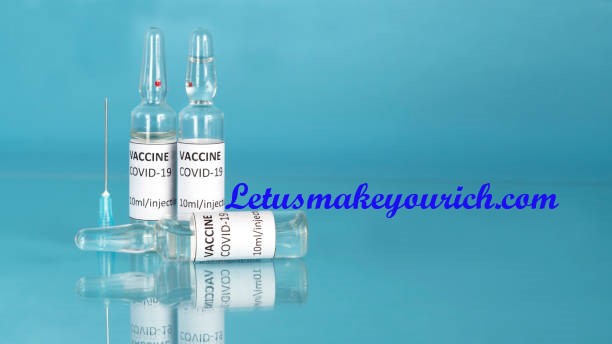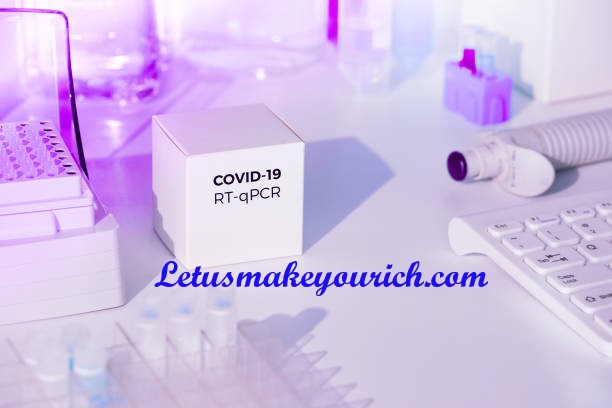According to the Centers for Disease Control and Prevention (CDC), “The best way to prevent illness is to avoid being exposed to this virus.” As the vaccines continue their roll out.
And follow advice to the world health organization (WHO), “Stay aware of the latest COVID-19 information by regularly checking updates from WHO and your national and local public health authorities.”
What to do to keep yourself and others safe from COVID-19 by WHO

How to protect yourself and others from COVID-19
Let us Make you Rich/ Secrets of Success
Together we can make rich by learning secrets of success men.
1. Maintain at least a 1-metre distance between yourself and others to reduce your risk of infection when they cough, sneeze or speak.
2. Maintain an even greater distance between yourself and others when indoors. The further away, the better.
3. Make wearing a mask a normal part of being around other people.
How to protect yourself and others from COVID-19 by WHO

How to protect yourself and others from COVID-19
If COVID-19 is spreading in your community, stay safe by taking some simple precautions, such as physical distancing, wearing a mask, keeping rooms well ventilated, avoiding crowds, cleaning your hands, and coughing into a bent elbow or tissue. Check local advice where you live and work. Do it all!
A. Wash your hands by CDC
Practicing good hygiene is an important habit that helps prevent the spread of COVID-19. Make these CDC recommendations part of your routine:
Wash your hands often with soap and water for at least 20 seconds, especially after you have been in a public place, or after blowing your nose, coughing, or sneezing.
It’s especially important to wash:
1. Before eating or preparing food
2. Before touching your face
3. After using the restroom
4. After leaving a public place
5. After blowing your nose, coughing, or sneezing
6. After handling your mask
7. After changing a diaper
8. After caring for someone who’s sick
9. After touching animals or pets
B. Wear a mask by CDC
Face masks have become essential accessories in protecting yourself and others from contracting COVID-19. The CDC recommends that people wear face coverings in public settings, especially since studies have shown that individuals with the novel coronavirus could be asymptomatic or presymptomatic.
Here are the basics of how to wear a mask by WHO:
Clean your hands before you put your mask on, as well as before and after you take it off, and after you touch it at any time.
Make sure it covers both your nose, mouth and chin.

How to protect yourself and others from COVID-19
When you take off a mask, store it in a clean plastic bag, and every day either wash it if it’s a fabric mask, or dispose of a medical mask in a trash bin.
Don’t use masks with valves.
Restrict your travel by CDC
“Traveling can increase the spread of COVID-19 and put you at risk for contracting the disease. The CDC recommends avoiding non-essential travel to many international destinations during the pandemic.
It also advises people to weigh the risks when it comes to domestic travel: “Travel increases your chance of getting and spreading COVID-19,” states the CDC. “Staying home is the best way to protect yourself and others from COVID-19.”

How to protect yourself and others from COVID-19
Watch for symptoms by CDC
The symptoms of infection for the coronavirus are often similar to those of other respiratory virus infections, such as influenza. Symptoms can include:
1. Fever or chills
2. Cough
3. Shortness of breath or difficulty breathing
4. Fatigue
5. Muscle or body aches
6. Headache
7. New loss of taste or smell
8. Sore throat
9. Congestion or runny nose
10. Nausea or vomiting
11. Diarrhea
With the COVID-19 pandemic now coinciding with flu season, it’s important to recognize the differences in symptoms — as well as get a flu shot.
What to do if you feel unwell by WHO
1. Know the full range of symptoms of COVID-19. The most common symptoms of COVID-19 are fever, dry cough, and tiredness. Other symptoms that are less common and may affect some patients include loss of taste or smell, aches and pains, headache, sore throat, nasal congestion, red eyes, diarrhoea, or a skin rash.

How to protect yourself and others from COVID-19
2. Stay home and self-isolate even if you have minor symptoms such as cough, headache, mild fever, until you recover. Call your health care provider or hotline for advice. Have someone bring you supplies. If you need to leave your house or have someone near you, wear a medical mask to avoid infecting others.
3. If you have a fever, cough and difficulty breathing, seek medical attention immediately. Call by telephone first, if you can and follow the directions of your local health authority.
4. Keep up to date on the latest information from trusted sources, such as WHO or your local and national health authorities. Local and national authorities and public health units are best placed to advise on what people in your area should be doing to protect themselves











